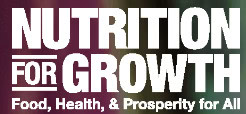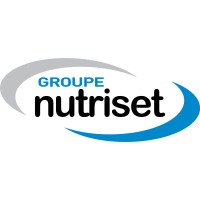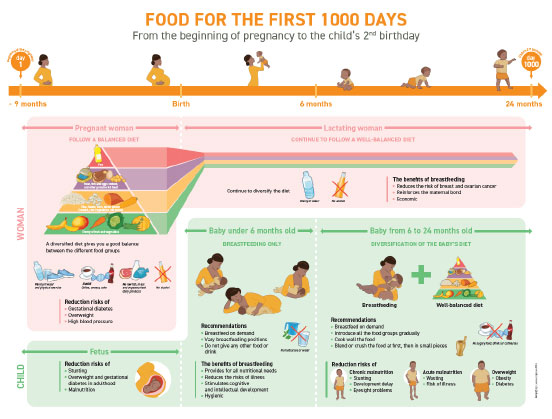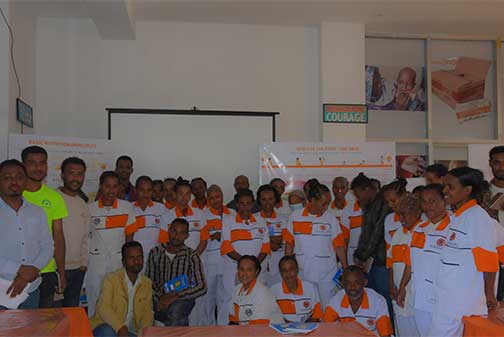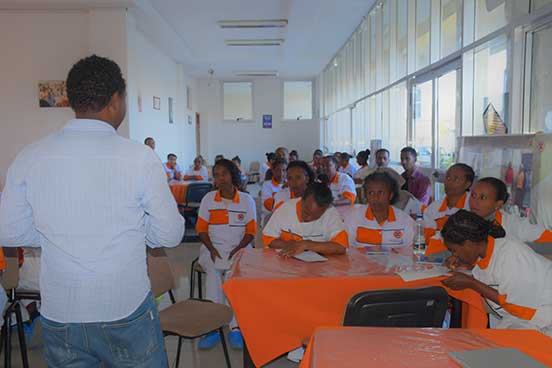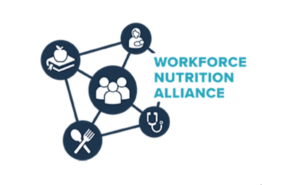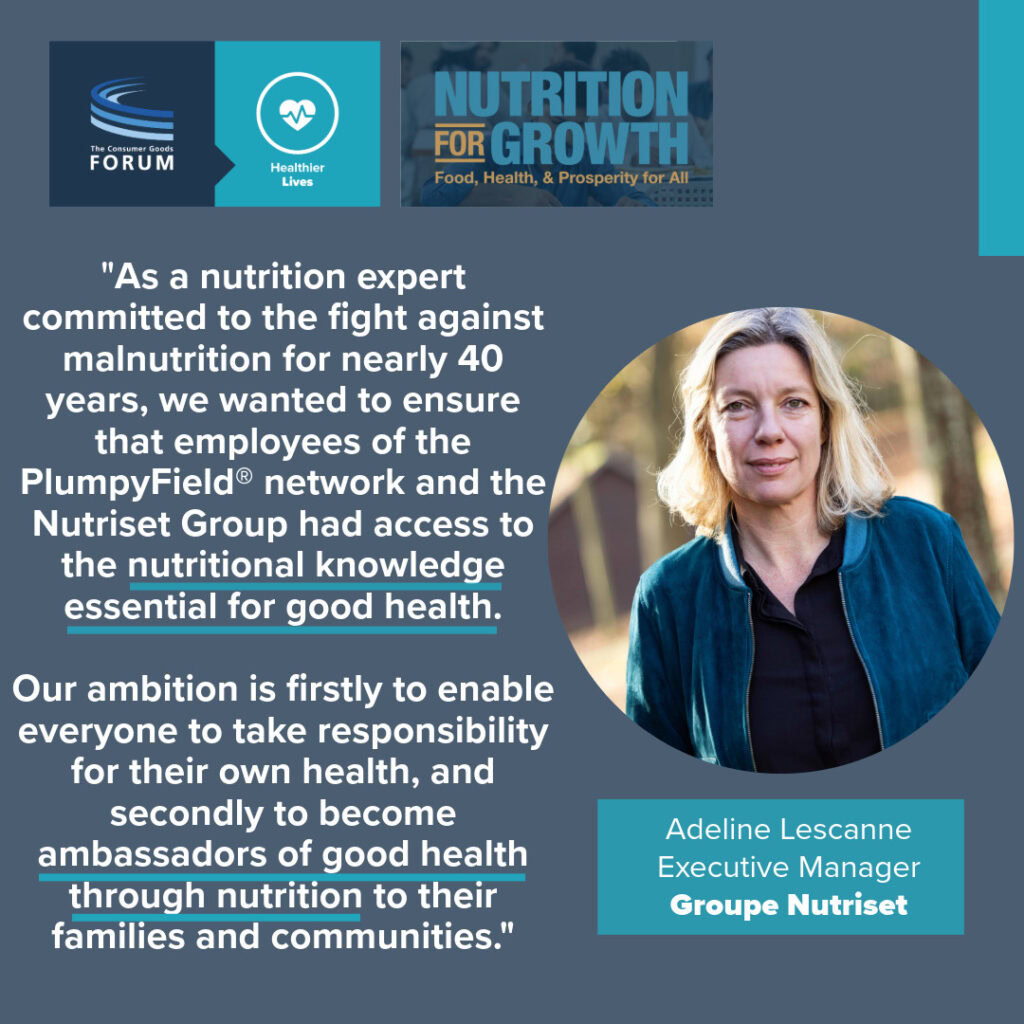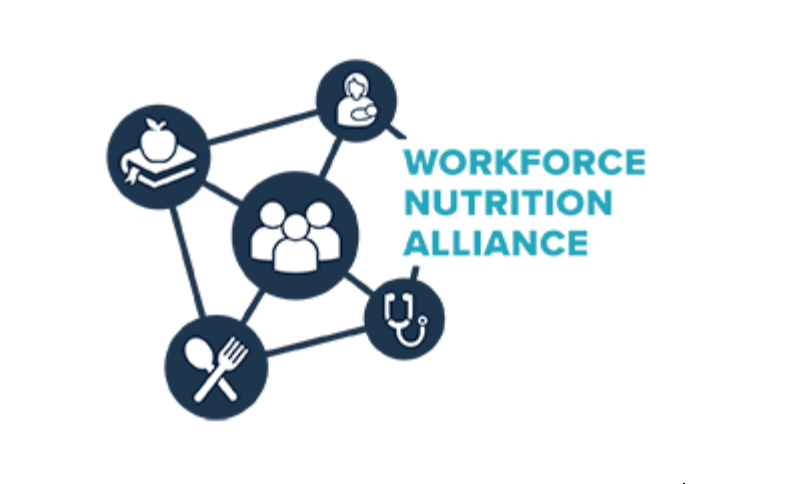Explore Tags
#Deforestation, #Sustainability, #Employee Health, #Food Waste, #Health, #Supply Chain, #Packaging, #Tesco, #International Labour Organization, #Sharon Bligh, #WRAP, #Climate Week NYC, #WRI, #Employee Wellbeing, #Case Study, #food Waste Reduction, #World Health Day, #Plastic Waste, #New Members, #WWF, #Global Alliance for Improved Nutrition, #Bel Group, #Nutrition for Growth Summit, #Workforce Nutrition, #Lawrence Haddad, #Forest Positive, #Food Waste Coalition, #HRDD,
